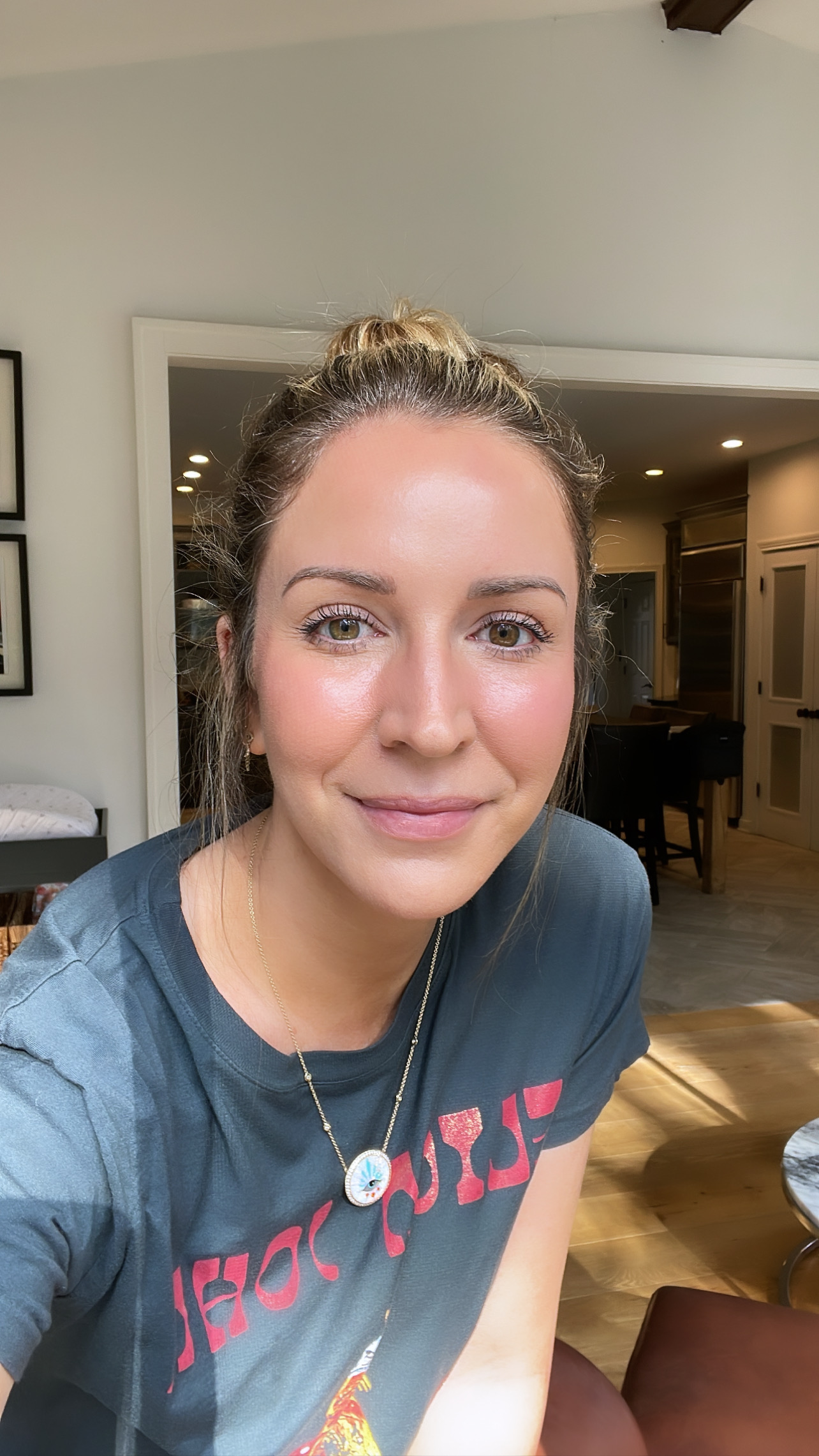- Title: Entrepreneur & Founder of Thinx
- Age: 37
- Nationality: French-Canadian
Miki Agrawal’s Bio
The period proof underwear creator is venturing out to other typically “taboo” topics like bladder control, with her Icon (pee-proof) underwear, and a bidet for the modern woman with Tushy.
With one book under belt “Do Cool Sh*t: Quit your day job. Start your business & live happily ever after,” and a second on the way, “Untitled: A manifesto for the modern woman.” Miki seems to have found her voice in the sweet spot between using millennial language, blunt honesty (she calls radical authenticity), and making products that actually work.
In an 2016 interview for Glamour, she says that “…women are starting to lean in but are still too afraid to launch things, because they want it to be perfect.” Having started her career as an investment banker at age 22, her life took a turn on the morning of 9/11. Having slept through her alarm, she missed the train stop that would have taken her to the second building of the World Trade Center, where two of her coworkers didn’t make it out. “I had an aha moment, that you don’t know when life is going to end, and I thought, I’ve got to follow my dreams.”
“One of my key take-aways from learning to grow my business is that if you always lead with ‘How can I help you?’ versus ‘How can you help me?’ doors will open wide.”
Pearl of Wisdom
Choose radical authenticity, and ruthlessly prioritize.
Winning Fact
Feminine hygiene and menstruation management are root causes for cyclical poverty, and nobody talks about it because it’s taboo. After years of fundraising, we officially launched on May 28, 2015, Menstrual Hygiene Day, and went viral internationally. Now for every pair of Thinx sold, we fund a pack of reusable pads to girls in the developing world.
Vital Stats
Thinx was named Fast Company’s “World’s Most Innovative Companies of 2017” and they have helped over 60,000 girls in Uganda go to school.
Golden Rules
Form + Function = Magic
They say:
“Miki Agrawal brings the wit and provocation of a performance artist to marketing products that have historically been associated with shame — and she’s catalyzed a movement along the way.”
































